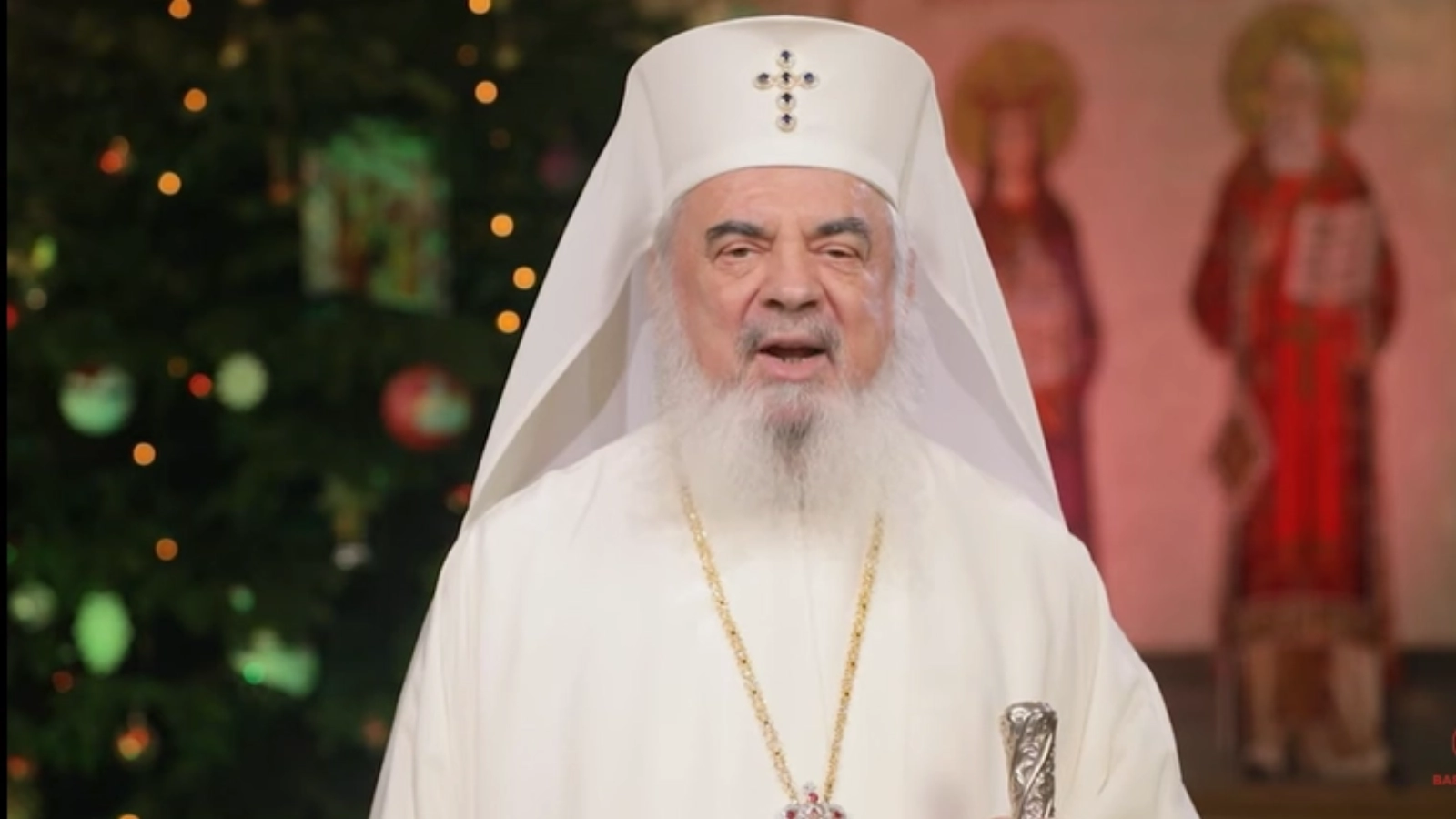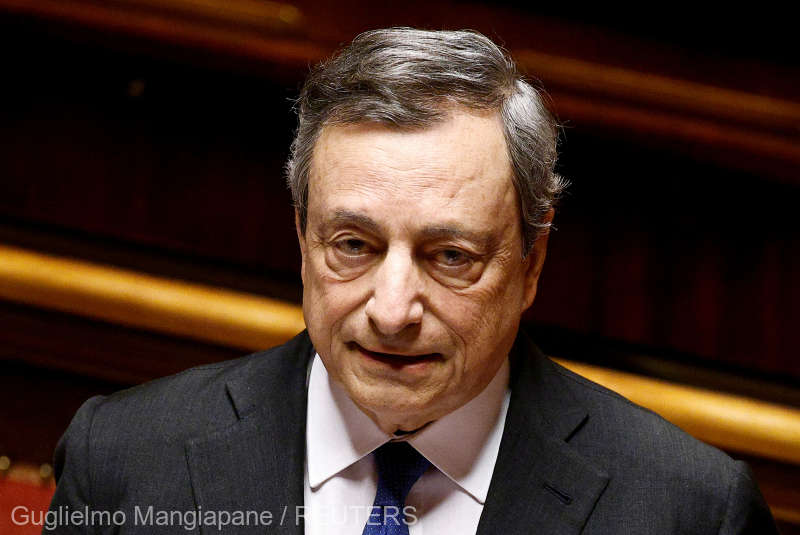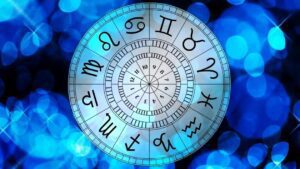Head of the Romanian Orthodox Church, Patriarch Daniel, says that the "superficial and secularized" contemporary man asks for God's help only when he goes through rough times, while the faithful constantly gives thanks for the blessings received.
"Man's response to the work of divine grace is thanksgiving or gratitude. Regrettably, contemporary man, superficial and spiritually secularized, asks for God's help only when he goes through troubles or suffering, but he forgets God as soon as he puts sufferings, poverty or trouble behind. Yet our Savior Jesus Christ does not bless those who are ungrateful or unthankful, but those who are grateful and thank God for the favors He bestows on them, as seen in the Gospel of the healing of the ten lepers," the Patriarch said.
Due to a mild cold, the leader of the Romanian Orthodox Church was unable to attend the New Year's blessing service at the Patriarchal Cathedral, and his message was read by Patriarchal Vicar Bishop Varlaam Ploiesteanul.
According to Patriarch Daniel, when man is ungrateful to God and his fellows "he decays spiritually and becomes dehumanized".
"Man is truly man, i.e. a rational and relational being, when he is grateful to God and men for the gifts and favors he receives. The faithful and upright man constantly thanks God because he lives in God's creation and uses it, that is, he uses the water, the air, the earth, the heat of the sun and everything made by God to support human life. And to the fellows who help him, he gives thanks because he feels that gratitude is the light of life in communion and of spiritual growth in dignity and goodness," shows the Patriarch's message.
On New Year's night, a service of thanksgiving and blessing for the beginning of the new calendar year is held in all the worship places of the Romanian Orthodox Church.
According to the Romanian Patriarchate, as per decision of the 2011 Holy Synod, the Akathist of our Lord Jesus Christ shall be read on January 1 because this is when we commemorate the moment when the Son of God, incarnate, received the name of Jesus - meaning "the Lord is salvation" in Hebrew.
The service that takes place on the night of the passing of the years also includes the prayer of Saint Ephrem the Syrian to the Savior, a thanksgiving prayer and two prayers for the entry into the new year - one from the Romanian and Slavic liturgical tradition (that shall also be read at the Te Deum service celebrated after the Holy Liturgy on the first day of the year), and another one from the Greek tradition.
Sunday, January 1, marks the feast of the Circumcision of the Lord and the commemoration of Saint Basil the Great. The Liturgy of Saint Basil the Great is performed 10 times a year: on January 1 and 5, on March 20 and 27, April 3, 10, 17, 28 and 30, and on December 25. AGERPRES
































Comentează